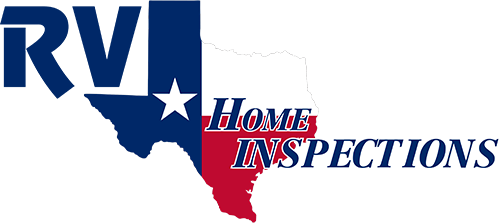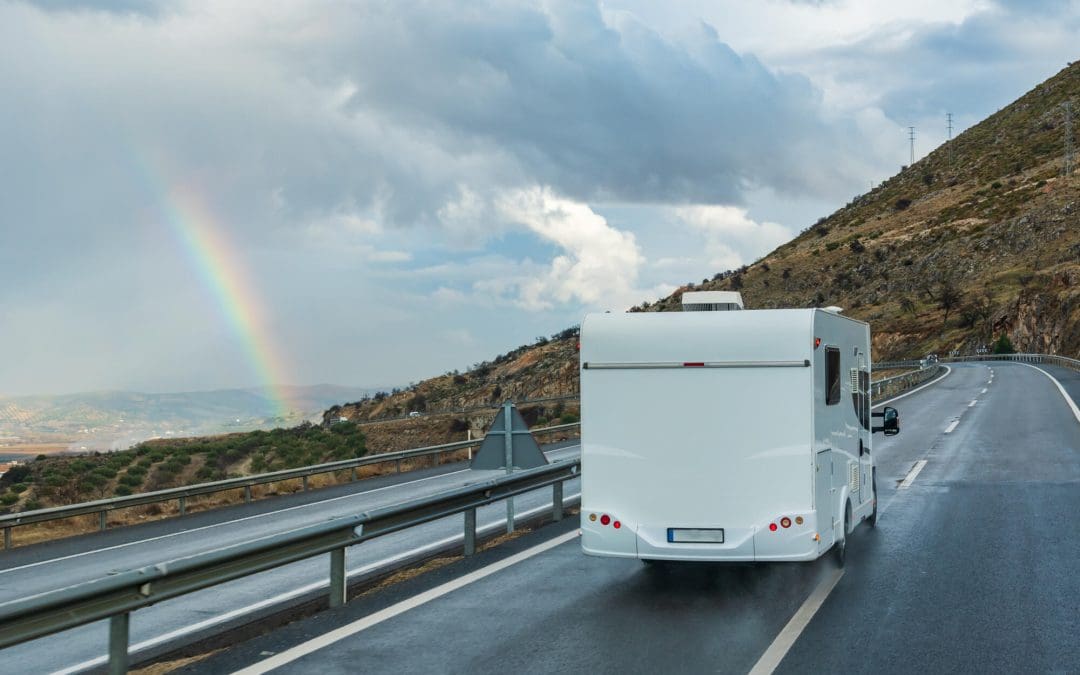Owning an RV offers the freedom to explore the open road while enjoying the comforts of home. However, adventure comes with responsibilities, and safety should always be your top priority. To help you stay safe and prepared, we’ve compiled a comprehensive RV safety checklist. Whether you’re new to RVing or a seasoned traveler, following these safety tips can make all the difference in ensuring a worry-free trip.
Pre-Trip RV Safety Inspection: Checking Your RV Before You Hit the Road
Conducting a thorough pre-trip inspection is crucial before you leave on any trip. Start by examining the exterior of your RV. Check the tires for signs of wear and proper inflation, and ensure the lug nuts are secure. Look over the lights and signals to make sure they’re functioning correctly. Any issues with your lights could affect visibility or communication with other drivers on the road.
Next, examine your RV’s connections, such as electrical, plumbing, and propane systems. Make sure all hoses and cords are in good condition and properly secured. If your RV uses propane for cooking or heating, check for leaks by using a soapy water solution at connection points— bubbling indicates a leak that needs immediate attention. Finally, inspect the RV’s exterior for loose or damaged parts, such as awnings or antennas, to avoid hazardous situations.
Brake System and Engine: Keeping Critical Systems in Top Shape
The brake system is one of the most important safety features of any vehicle, and due to its size and weight, it’s even more vital in an RV. Before setting off, check the brake fluid levels and test the brakes themselves. Listen for any unusual sounds when braking, such as grinding or squealing, as these can indicate wear or damage.
Don’t forget about the engine. Check the oil and coolant levels, as well as the transmission fluid, to ensure your RV will run smoothly. If you haven’t had the RV serviced recently, consider taking it to a mechanic for a complete tune-up. This can help identify any issues that might become serious problems down the road.
Interior RV Safety: Securing Items and Preparing for Emergencies
Inside the RV, your focus should be on securing loose items and ensuring the safety of everyone aboard. During travel, unsecured objects can become dangerous projectiles. Store heavy or breakable items in cabinets with latches, and make sure all appliances are turned off and locked down.
Every RV should be equipped with a fire extinguisher, carbon monoxide detector, and smoke alarm. Test these devices regularly to confirm they are in working order. Keep emergency supplies handy, such as first aid kits, flashlights, and blankets. In the event of an accident or breakdown, having a well-stocked emergency kit can be a lifesaver.
Tires and Suspension: Supporting a Smooth and Safe Ride
Your RV’s tires and suspension system bear the weight of your entire home on wheels, so maintaining them is key to safety. Even if your tires appear visually fine, monitoring their age is important. RV tires degrade more from sitting in one place than from actual mileage. Experts recommend replacing tires every five to seven years, regardless of tread wear.
Also, inspect the suspension system. Look for any worn or damaged parts and ensure that the RV’s weight is distributed evenly. An unbalanced RV can lead to instability, especially on uneven terrain or in high winds, increasing the risk of accidents.
Propane and Electrical RV Safety: Preventing Fires and Hazards
Propane and electrical systems are common in most RVs and must be handled carefully. For propane, conduct a regular leak test and make sure the system is turned off when not in use. Check your propane detectors often to ensure they work, and replace them when necessary.
Electrical safety is just as important. Test your GFCI outlets regularly, and inspect the RV’s electrical cords for frays or damage. When connecting to shore power at campgrounds, ensure the outlet functions correctly and is compatible with your RV’s voltage requirements. Overloading the electrical system can cause fires or damage to appliances.
Weight Distribution: Avoiding Overloading and Ensuring Balance
One of the leading causes of accidents in RVs is improper weight distribution. Make sure your RV’s weight is within the manufacturer’s specified limits, as overloading can strain the engine, brakes, and suspension, making the vehicle harder to control.
When packing your RV, evenly distribute the weight between the front and rear axles. This will improve handling and reduce the risk of sway or rollover. Be mindful of what you’re storing in the RV’s compartments, and place heavy items low and near the center of the vehicle for balance.
Driving and Towing: Staying Safe on the Road
When you’re finally ready to hit the road, safe driving is your number one priority. RVs handle differently than regular vehicles, and it’s essential to take extra precautions. Always adjust your mirrors before setting off to eliminate blind spots, and use a spotter when reversing or parking in tight spaces. RVs also require longer stopping distances, so maintain a safe following distance from the vehicle ahead of you.
If you’re towing a trailer or vehicle, ensure that the tow hitch is securely fastened and that the trailer lights work in sync with your RV’s signals. Double-check that your load is balanced and that you understand your RV’s towing capacity to avoid overloading.
Weather Awareness: Preparing for the Elements
Weather conditions can have a significant impact on RV safety. Always check the weather forecast before starting your journey, especially if you’re traveling in mountainous areas or during storm season. High winds, rain, or snow can make driving an RV more dangerous.
In severe weather, it’s best to pull over at a rest stop or campground and wait for conditions to improve. Driving an RV through a storm can reduce visibility and increase the risk of accidents.
By following these safety tips and regularly checking your RV, you can enjoy a fun, worry-free adventure. Whether you’re taking a short weekend getaway or embarking on a long-term road trip, keeping safety at the forefront will help ensure that your RV experience is both memorable and safe. Make this checklist a regular part of your RV routine, and you’ll be ready for whatever the road throws your way.
FAQs
What should I do if I experience a tire blowout while driving my RV?
If a tire blowout occurs, remain calm and do not brake immediately. Instead, gradually ease off the accelerator and steer the RV straight. Once the vehicle slows down, safely pull over to the side of the road. Inspect all tires for damage, and if you’re comfortable changing the tire, do so in a safe area with plenty of space between you and passing traffic. Otherwise, call roadside assistance.
How can I ensure that my RV’s roof is in good condition?
Regularly inspect the RV’s roof for damage, especially after driving in rough conditions or storms. Check for cracks, soft spots, or punctures that could lead to leaks. Clean the roof with RV-safe products to prevent debris buildup and protect the roof’s material. Apply a UV protectant to prolong the life of the roof, especially if you frequently park in sunny areas.
How can I prevent my RV from overheating in hot weather?
Overheating can be a concern for your RV’s engine and interior in hot weather. To prevent the engine from overheating, check the coolant levels and ensure proper airflow to the radiator. For the interior, use window shades, reflective covers, and roof vents to minimize heat buildup. Running the air conditioner efficiently and using fans can also help cool down the RV. Additionally, park in shaded areas whenever possible.
What are the dangers of overloading my RV’s fresh water tanks?
Overloading your RV’s fresh water tanks can impact driving stability and fuel efficiency. Carrying too much water adds significant weight, making it harder to control the RV and increasing wear on the tires and brakes. To avoid overloading, know how much water you’ll need for the trip, and only fill your tank accordingly. Many campgrounds have fresh water fill stations, so traveling with a full tank is often unnecessary.
RV Home Inspections provides professional RV inspections in Houston, Texas. Contact us to schedule an RV inspection.

